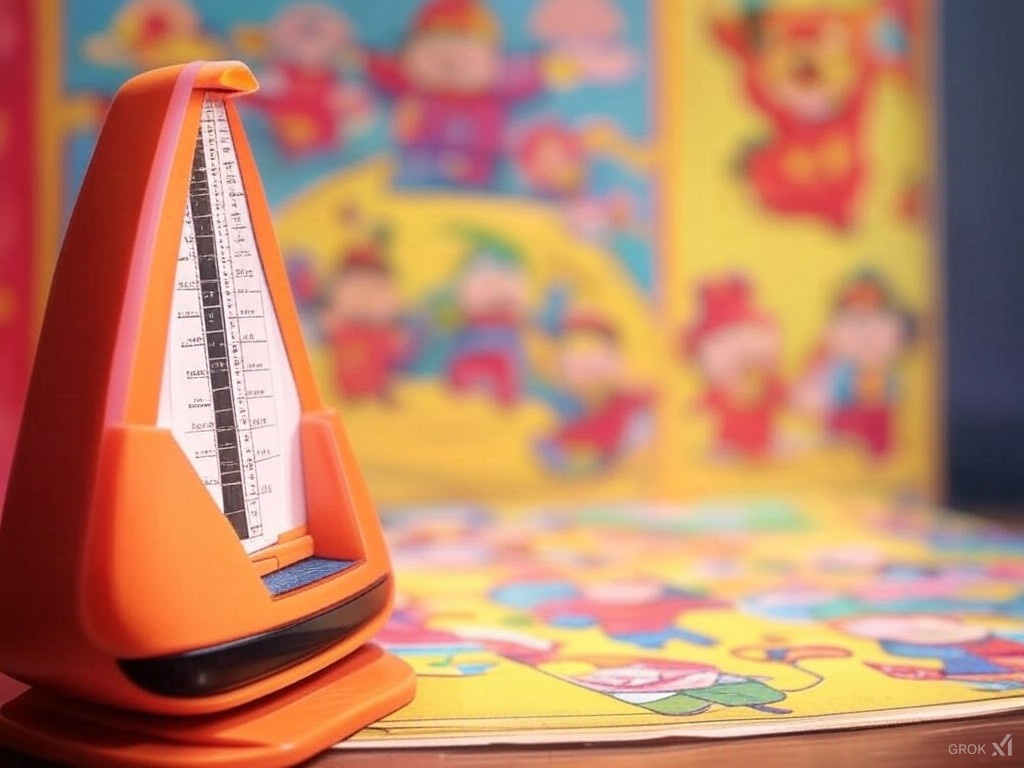TikTok might be Reprieved in Overtime

17 January 2025
As debates over a potential ban on TikTok in the United States loom, one must consider the app's extensive impact on news consumption and public opinion. With its unique blend of entertainment and information, TikTok has become an influential player in shaping how Americans engage with news.
TikTok, with its algorithm-driven content, has transformed the landscape of news dissemination. The platform's short-form videos, often laced with humor and personal narratives, have captivated an audience that might otherwise bypass traditional news outlets. This shift represents a democratization of news, where everyday users become both creators and consumers of content. However, this democratization comes with its own set of challenges.
On one hand, TikTok fosters a vibrant community where diverse voices can share unique perspectives. Users, particularly younger ones, find in TikTok a platform that resonates with their digital language and lifestyle. The app's ability to make news "fun" has undoubtedly broadened the audience for current events, potentially leading to a more informed populace. Furthermore, it has been a springboard for grassroots journalism, where ordinary individuals can highlight stories that might not make headlines elsewhere.
On the other hand, the very nature of TikTok's algorithm, which prioritizes engagement over accuracy, can distort the news ecosystem. Viral content often overshadows verified information, leading to a potential spread of misinformation. The platform's penchant for sensationalism can eclipse nuanced reporting, reducing complex issues to soundbites. This focus on virality over veracity raises concerns about the manipulation of public discourse, where narratives are shaped more by popularity than by truth.
The discussion around banning TikTok in the U.S. is not merely about national security or data privacy, although these are significant concerns. It's also about the control of narrative and the health of a democratic society where informed debate should be based on facts rather than fleeting trends. There's an argument to be made that TikTok's influence on news consumption has tilted too far, skewing public opinion in ways that might not serve the democratic process.
A ban could serve as a reset button, encouraging users to diversify their news sources. This could lead to a more balanced intake of information, reducing the echo chambers that platforms like TikTok can inadvertently create. Moreover, without TikTok's algorithmic influence, there might be less incentive for the sensationalization of news, fostering an environment where depth and detail are valued over mere entertainment.
Advocates for TikTok argue that any ban would stifle a significant avenue for free speech and cultural exchange. The platform has been instrumental in giving voice to the voiceless, allowing marginalized communities to share their stories on a global stage. Furthermore, TikTok has proven to be a critical tool for small businesses and content creators, offering economic opportunities that might not exist in a post-TikTok world.
Additionally, banning a single app does not address the broader issues of digital literacy and media consumption habits. The problem of misinformation exists across all social media platforms; thus, a more effective strategy might involve education on media consumption rather than outright bans.
The influence of TikTok on how Americans consume news is undeniable, presenting both opportunities and challenges. While a ban might curb some of the more problematic aspects of this influence, it also risks cutting off avenues for progressive and inclusive communication. The solution might lie not in banning TikTok but in creating a regulatory environment where its influence is balanced with responsibilities towards accuracy and fairness. Perhaps the dance should continue, yet with steps that ensure the integrity of the information age, rather than just its rhythm.
